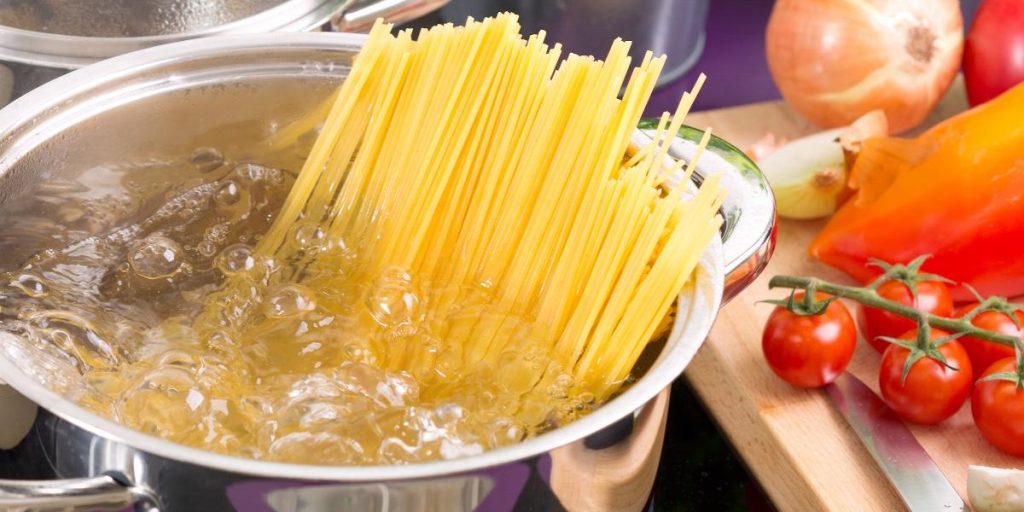Quick fixes for common kitchen disasters
Others are reading now
Kitchen mishaps happen to the best of us, whether it’s burnt food, overcooked pasta, or a roast that’s tougher than anticipated. But don’t fret—many of these culinary setbacks have simple solutions that can rescue your meal from the brink of disaster.
Burnt Food Salvage Tips
Saving burnt food is difficult because the burnt flavor quickly spreads to the entire dish. A quick response is therefore crucial. For slightly burnt rice, transfer it to another pot, avoiding the charred bottom. For a roast, trim away the burnt edges. If a burnt flavor persists, a fresh round of seasoning might mask it effectively.
Rescuing Overcooked Pasta
Overcooked pasta doesn’t have to be a lost cause. Draining it immediately to stop the cooking process might save it. If this does not help, try giving the pasta a pan-fry to give it new life. Overly soft potatoes might be transformed into a delightful mash, whereas mushy vegetables can be repurposed into a sauce or soup.
Also read
Reviving a Tough Roast
A tough roast might not be a lost cause. It can often still be tenderized by slicing it thinly and simmering the slices in sauce. For a better outcome in future attempts, sear the roast until it’s crispy and browned on all sides before oven-cooking. This method helps retain the meat’s juiciness and tenderness during baking.
Dealing with Too Much Salt
If your sauce is overly salty, diluting it with water or wine and then re-thickening and seasoning can save the day. To avoid oversalting, hold off on seasoning until the end of cooking. Submerging a raw potato, a carrot or a piece of bread; they serve as a salt binding agent and draw out excess salt. It is simply removed before serving.
Save Sweet or Lumpy Sauces
To counteract an overly sweet sauce, a splash of vinegar or dry wine can balance the flavors. Red wine pairs well with dark meat sauces, while white wine complements light, creamy sauces. For lumpy sauces, straining and reboiling can smooth things out, with wheat starch recommended as a thickener to prevent future lumps.
Eliminating Onion and Garlic Smells from Hands
To rid your hands of persistent onion or garlic odors, try washing them with toothpaste or rubbing them with a stainless steel spoon under running water. Contact with stainless steel can help neutralize the smells.
With these tips, you can turn kitchen disasters into delicious successes, ensuring that a little hiccup doesn’t spoil your culinary creations.


